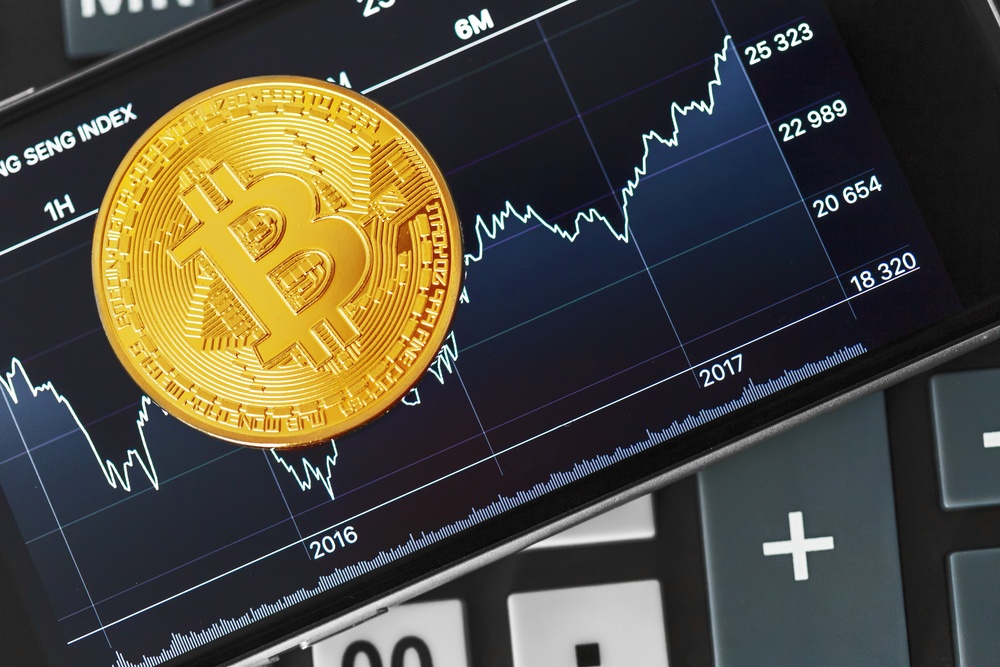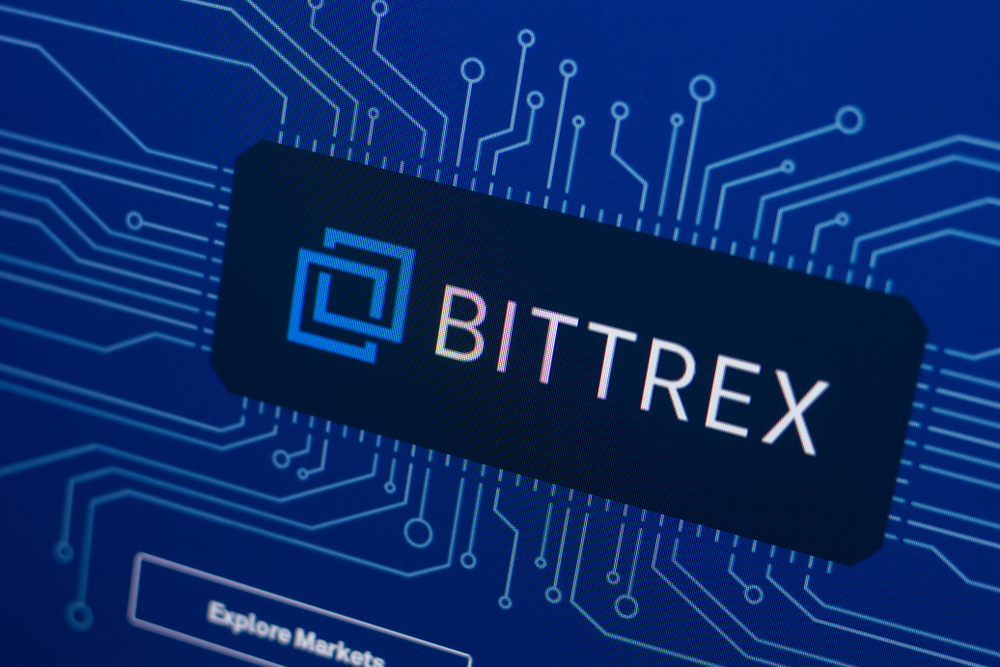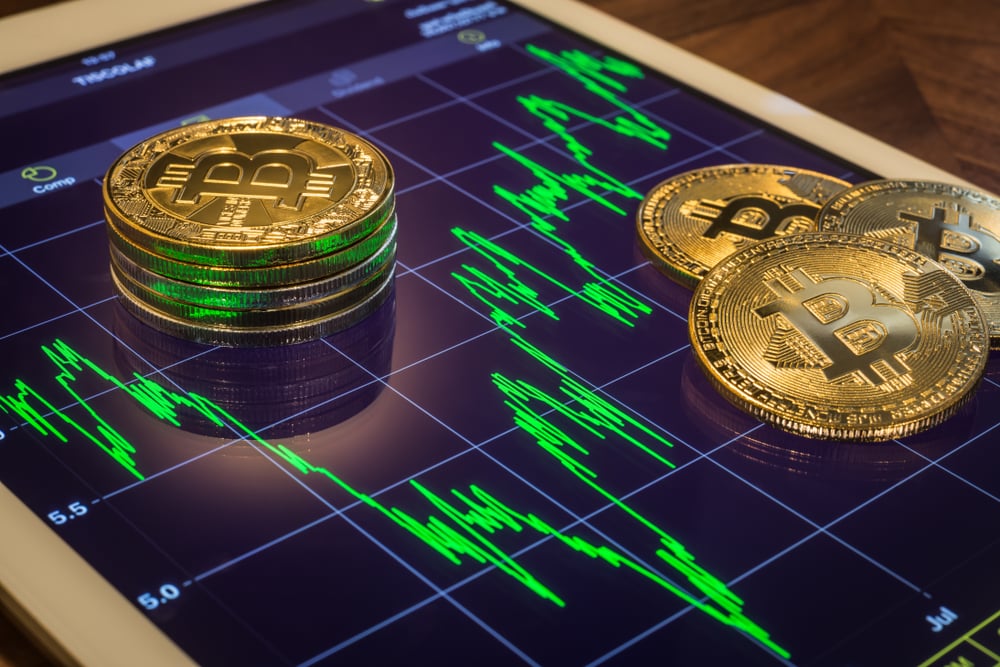75% of Bitcoin Exchanges Report ‘Suspicious’ Crypto Trading Volumes: Research

New research adds even more evidence that Bitcoin exchanges are faking volumes on a massive scale. | Source: Shutterstock
A site called TheTie released a report today that estimates over 86% of all reported Bitcoin exchange volume is suspicious, while 75% of exchanges report extremely dubious volumes. The research uses a different formula than other reports have: it values each website’s visitors and compares that value to the reported figures.
Potential Fake Crypto Volumes High Across The Board

For example, Bithumb, which has been the subject of previous investigations, was expected to have a monthly volume of roughly $1.2 billion based on an average visit value of $13,418. Instead, Bithumb reports over $28 billion. This means their reported volume is nearly 2,000% higher than what would be expected.
TheTie introduces the data saying:
“The weighted average trading volume per web visit for Binance, Coinbase Pro, Gemini, Poloniex, and Kraken was selected as a baseline volume per user to calculate expected volume. This amounted to $591 per web visit. BitMEX was not included because it is a futures exchange. This does not account for mobile app or API usage to trade – web traffic is an assumption for simplicity. Relative outlier detection is quite notable, so the outright number isn’t the main objective.”
TheTie hedges its statements by saying these are “potential” indications of fake volume.
Altcoin Exchange Bittrex Among the Most Reliable Reporters

Bittrex, one of the world’s oldest altcoin exchanges, has one of the best ratings based on these metrics. Their expected volume was much higher than what they actually reported. As a result, the notion that they are faking their volume is far less likely. Bittrex has an expected user value of $138 per visit.
Bittrex still did nearly $1 billion in volume for the period studied. It’s incredible that this number places it squarely in the lower rungs of exchange volume. The factors that contribute to this are: crypto exchanges run 24 hours a day, the variety of assets is massive, and the global demand for cryptocurrency is still high.
Demand may not be where it was during the bull months of 2017, but Bitcoin traders still find a great deal of profit incentive in the volatile crypto markets. We’re currently in “alt season,” according to Hacked.com’s Mati Greenspan. Thus, crypto exchanges listing more exotic assets are gaining tremendously.
Why Real Bitcoin Exchange Volume Matters

Fake volume ranks a top concern among traders. High volume attracts more traders. The more volume an exchange has, the more likely you are to hit your targets, supposing they’re not wild. If you want to buy something at a 10% discount, for example, a larger market will have swings in that range.
Smaller markets might not see enough trading to satisfy the demands of certain traders. Volume and actual exchange holdings are important too. Higher volume implies there’s more money on an exchange. If that volume is fake, traders might experience problems when they expect to be able to do trades over a certain size.
The report also ranks exchanges by their volume per visitor. The visitor data is gathered from a third-party (SimilarWeb). No-name exchanges fill out the top 10 per-visitor reported volume. An exchange called Chaoex, which had less than 15,000 visitors, reported a whopping $393,000 per visitor! Either this is a strictly whale exchange no one has heard of, or the volume’s fluffed.
The statistics show that crypto is still very much the wild west. Accurate volume reporting is one of the concerns of the SEC in its consideration of a Bitcoin ETF. If every exchange in the world is considered as part of this metric, we may never reach “legitimate” status.